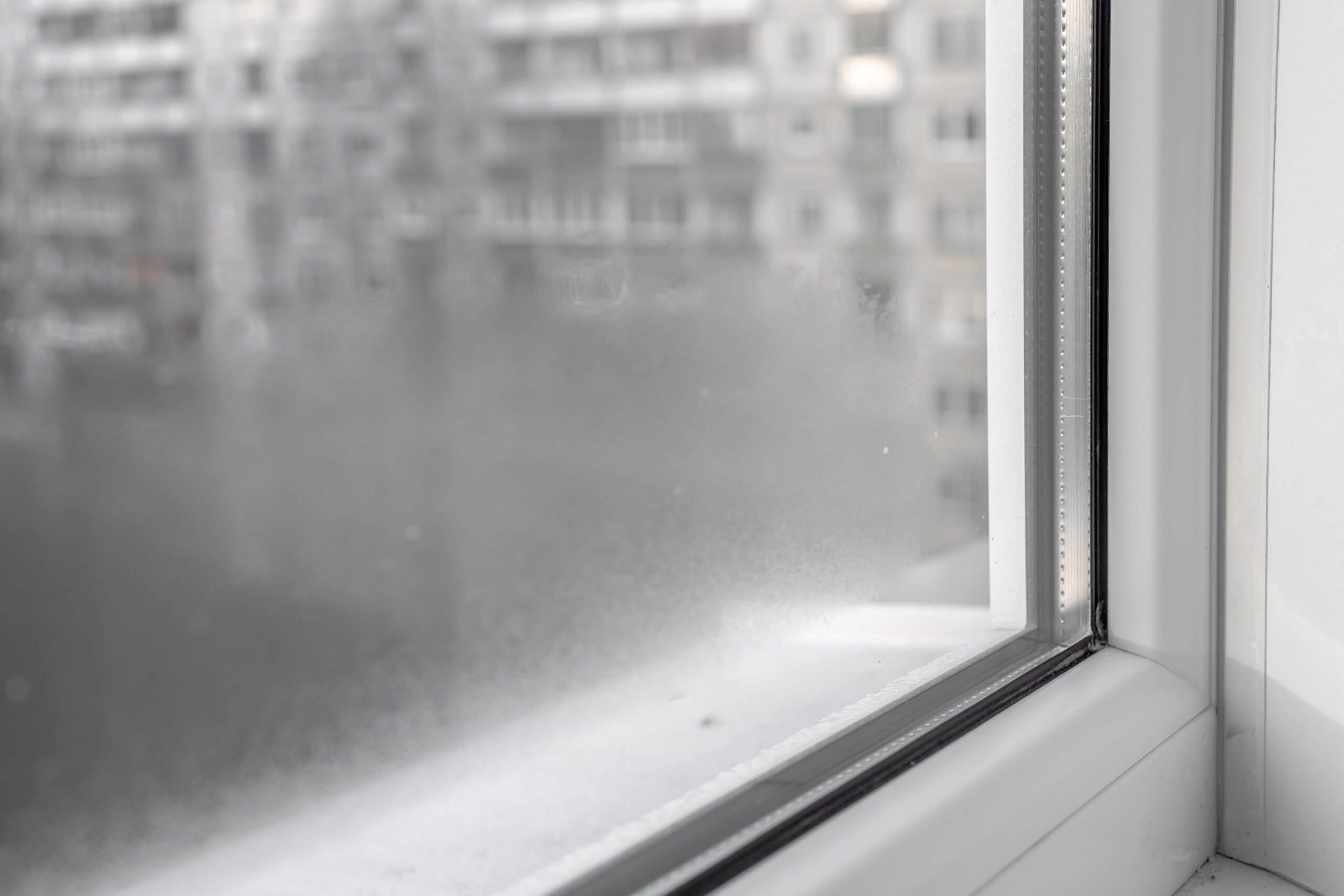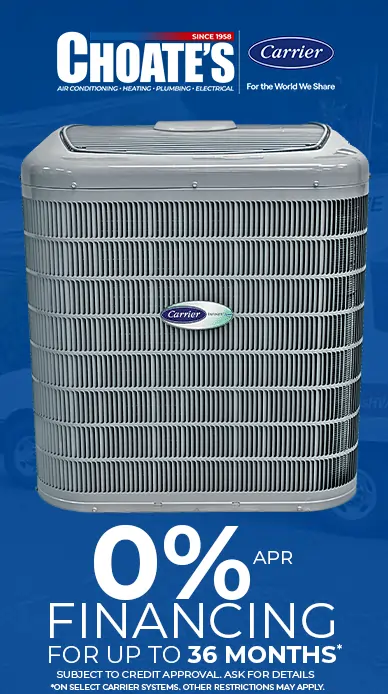901 755 4797
Air Leaks are Costing Your Business Serious Money...
The tighter the seal of an envelope, the less air can escape—and a building’s “envelope” works in the same way. The tighter you seal the building, the less heated or cooled air can escape—and the less amount of untreated air can get into your home or business.
That said, air leaks are very common and can happen at any opening within a building—think windows and doors, for starters. They can even occur right through wall systems. Regardless, though, these air leaks have one thing in common: they’re costing YOU money.
The Cost of Every Air Leak…
Any time you have an air leak, you’ll spend more money to heat or cool your space. Not only can that be a budget-buster, but this extra work puts more strain on your HVAC system, potentially shortening its life and increasing the need for repairs over time—and that can create even more costs.
Beyond that, though, air leaks make the building’s air uncomfortable and can even impact the overall air quality. In extreme situations, this can reduce productivity or, even, make employees sick.
With that in mind, it’s essential to understand air leaks—what causes them and how to prevent them, first and foremost—so you can curb the negative impacts and keep your business moving forward.
Customer Focused! That's how I would describe Choate's to anyone that is in need of an A/C company. We had a emergency situation on a Sunday and were scrambling to find a solution. Choate's had the best rate among the companies we called and from the initial call through execution, Choate's was fantastic. Within 30 minutes after speaking to the receptionist, we received a call from the district manager who informed us an agent was deployed and would be arriving soon. Shortly after, a text message was sent with the technician's information and the ability to track his estimated arrival. Their communication and customer service practices are paramount. The tech arrived on time and fixed the issue, and we had A/C again! From start to finish, Choate's is working for you!
How Is Air Managing to Get into Your Spaces?
First, it’s essential to understand how air is making its way into your space. In some cases, you can see gaps in the window sills or have cold spots in the building. However, buildings are constantly moving and changing with the environment around them. Over time, that creates small cracks and crevices that expose your interior rooms to air leaks.
Movement like this strains the structure. When gaps form, that means the building’s envelope is broken and no longer able to keep out untreated air. When the building’s envelope isn’t efficient, it can impact the function of the HVAC system dramatically. Most often, it makes it impossible for the system to work the way the manufacturer designed it to. Here are a few examples:
- Humid air gets into the gaps in the walls of the building. It connects with a cool surface.
- This creates condensation on the wall. That alters the temperate in the space.
- There is also the presence of biological growth, such as mold here. This can get into the HVAC system as well.
Your goal is to eliminate these risks. By reducing air leaks, you can minimize the extra strain on your HVAC system.
How Do You Minimize Air Leak Risks?
Look for Problem Areas
The most common problems with air leaks happen in areas where doors and windows are located. Any entry point poses a key concern for the HVAC system. Plan to:
- Check and replace caulking around the windows and doors to ensure a strong seal remains.
- Add weather-stripping where appropriate.
- If any type of gap exists, have it repaired right away including damage to glass.
Examine your property from the inside out and the outside in. Look for any areas where conditioned air is getting outdoors and see these areas as key areas for repairs.
HVAC System Maintenance
Monitor the Building’s Construction
Another key area to pay attention to is the actual construction of the building. Changes can happen to any structure over time. The foundation settles. Changes to fixtures happen. These all tap into the air barrier around the property, creating risks. Any time a change occurs, be sure to update the air barriers by ensuring tight seals are in place.
When you do need to make upgrades to windows, doors, or other openings, always ensure you use energy-efficient solutions. This ramps up the protection of the property’s envelope, minimizing the stress placed on the HVAC system.


